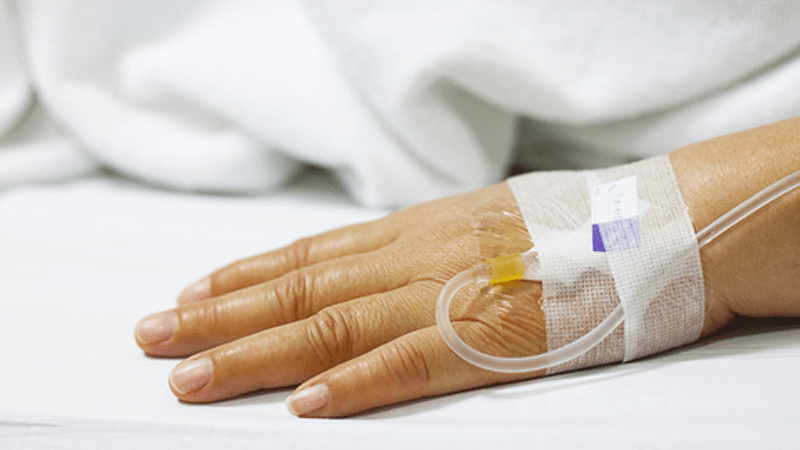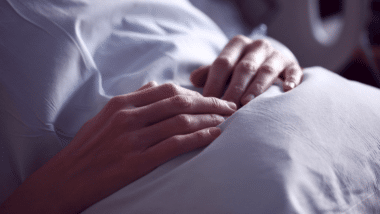Leading academics suggest there may be up to 5,000 patients in the UK with prolonged disorders of consciousness (PDOC) – such as a vegetative state – who are actually conscious.
Neuroscientist Professor Adrian Owen, neurologist Professor Neil Scolding, and ethicist Professor John Keown contend that their research has serious implications for current clinical guidelines in the UK.
In a paper published in the June edition of the journal Brain, the experts call for recent advances in technology to be used in detecting “covert consciousness” in PDOC patients.
‘Indefensible’
Outlining their findings in a letter to The Times newspaper, the professors said: “Remarkable research using neuroimaging has shown that about 20 per cent of patients labelled as PDOC are in fact fully, or at least partly, conscious.”
However, they continued, “in its latest guidance the Royal College of Physicians (RCP) does not recommend the use of such technologies to detect consciousness”.
They labelled the RCP’s position as “indefensible” and called for an “urgent review” of its guidelines “on scientific, ethical and legal grounds”.
The academics say there may be as many as 25,000 patients in UK hospitals and nursing homes with PDOC.
Awareness
Reporting on issues raised by the academic’s paper and letter, Kat Lay of The Times highlighted the case of brain injury patient Juan Torres.
Torres suffered extensive brain damage after choking on his vomit and was deemed to be in an unresponsive coma. However, following a remarkable recovery, Mr Torres was able to recognise staff and remember conversations and incidents from the period he was thought to be unconscious.
Professor Owen, reflecting on the case in his book Into the Grey Zone, said: “The point is, his memory was not ‘sketchy’, suggesting only partial awareness, but it was detailed and complete, confirming the fact that he had been fully aware despite his diagnosis to the contrary.”
He concluded that, while not all patients may be “fully aware”, the evidence shows that “it is certainly the case that some of them are completely aware, despite appearing to be PDOC”.
Supreme Court
In 2018, the Supreme Court ruled that if families and doctors agree to withdraw food and fluids from a severely brain damaged person, they can do so without a court’s permission.
Previously, independent experts in the Court of Protection would have considered each case on an individual basis.
However, the Supreme Court made clear in its ruling that if there is a difference of medical opinion, or lack of agreement on a proposed course of action, the Court of Protection should still be involved.
Mother speaks after 28 years of ‘minimal consciousness’
Man wakes after twelve years in coma
BMA advises families to trawl social media to see if sick relatives want to die



